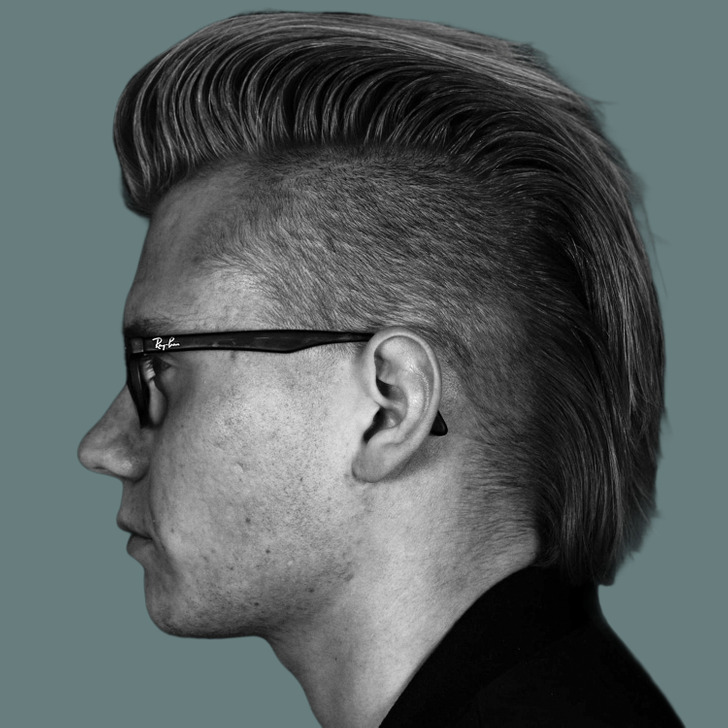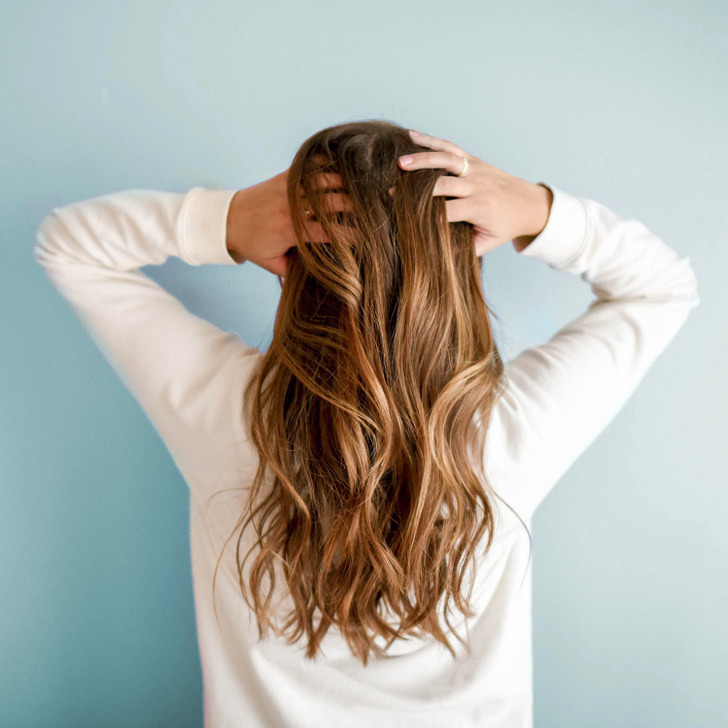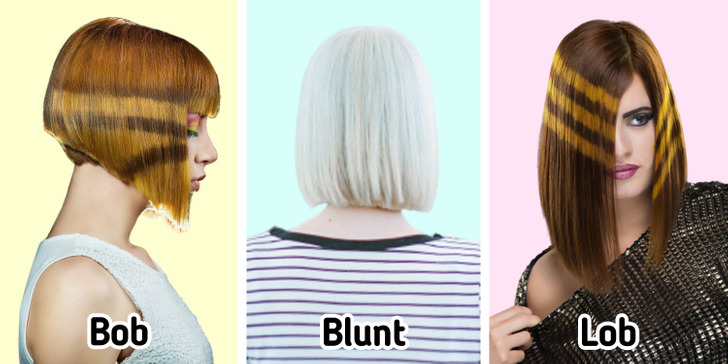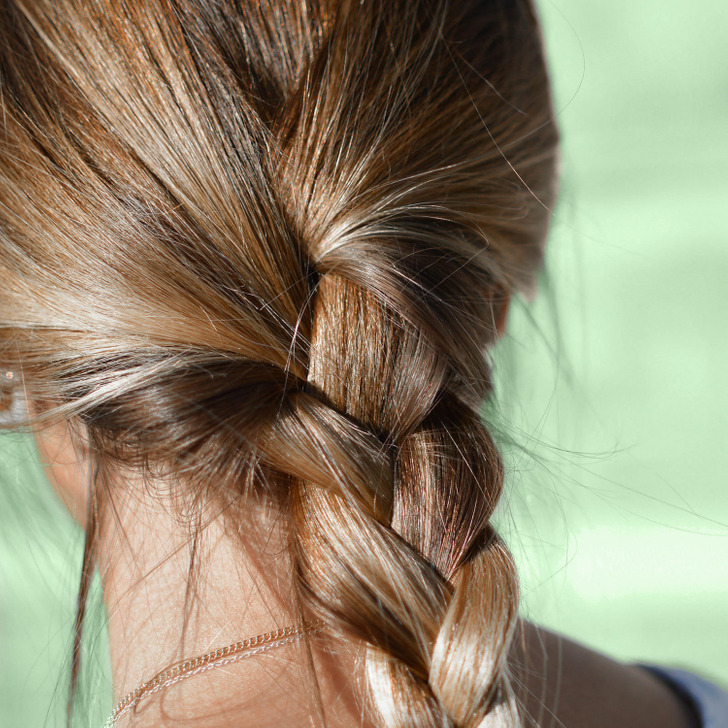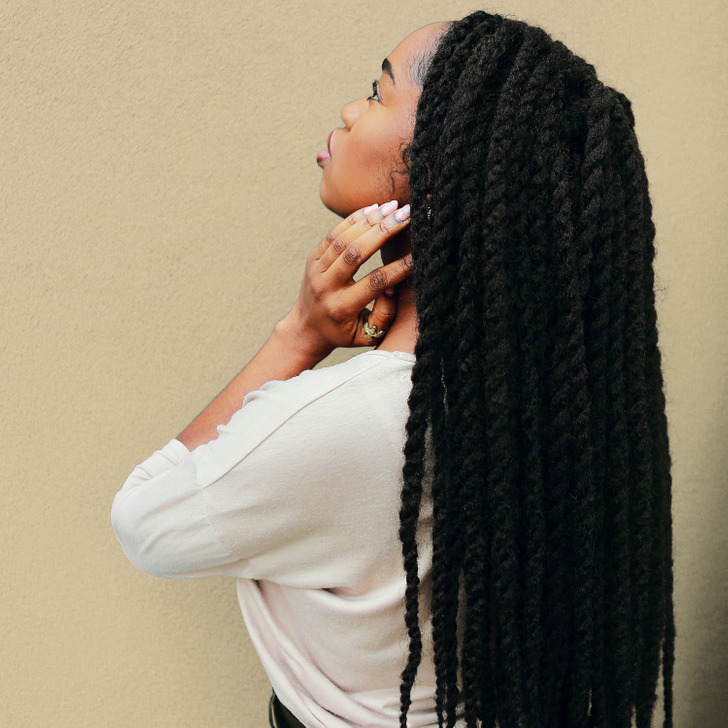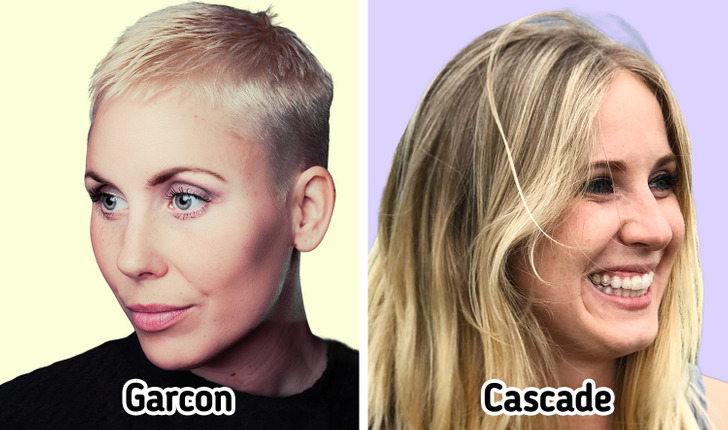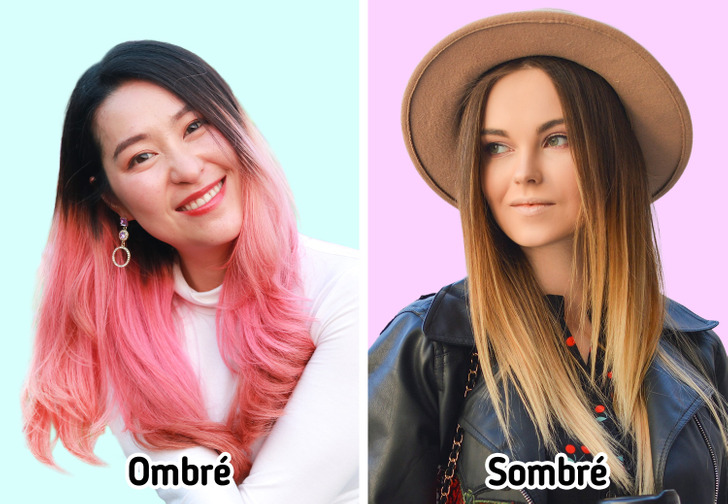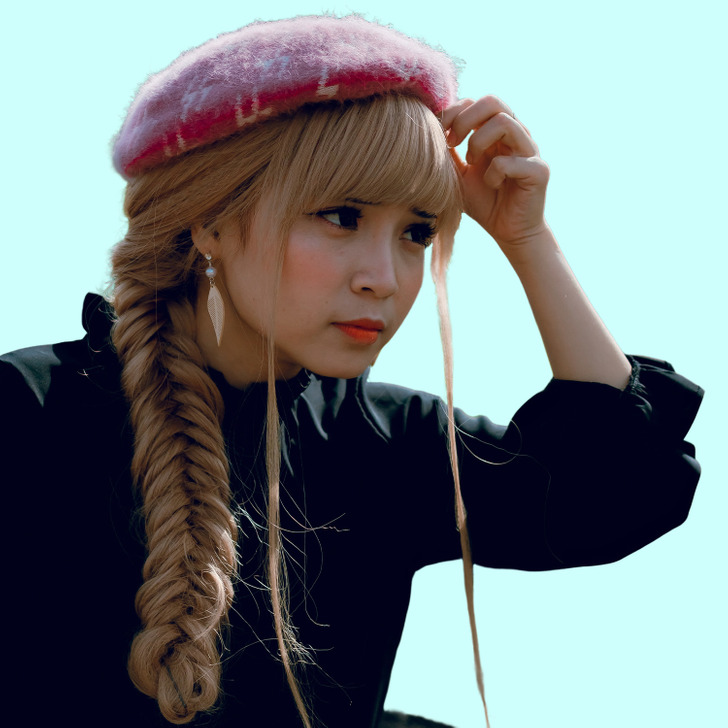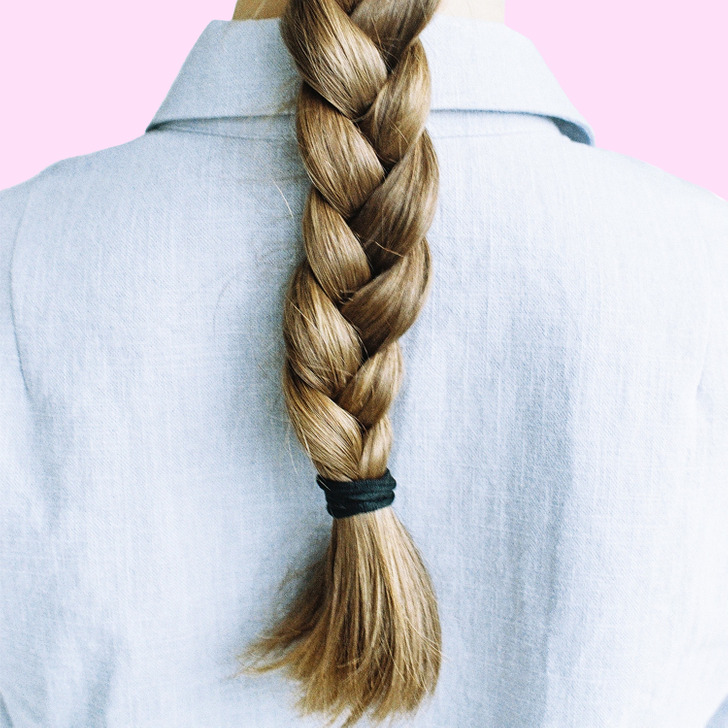A Glossary of Widespread Hairdressing Terms
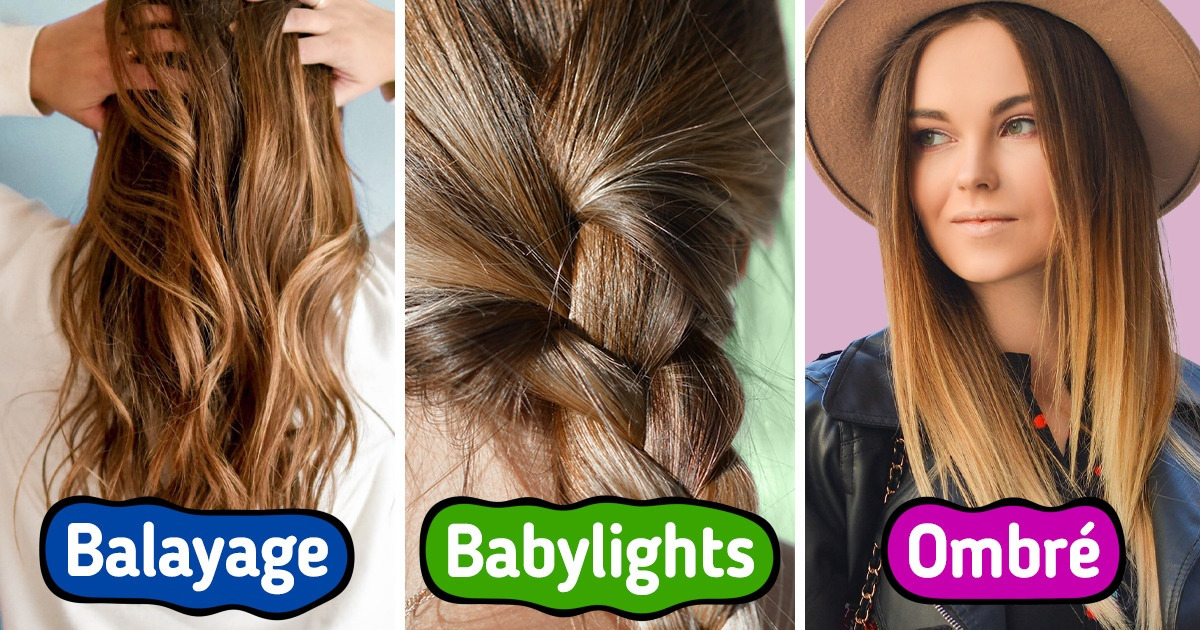
Talking to a hairdresser sometimes resembles communication in a foreign language because we hear unknown words, strange names of haircuts, hairstyles, and styles of dyeing. It is very easy to get perplexed among them and make the wrong choice.
5-Minute Crafts prepared a cheat sheet, decoding common hairdressing terms. We will explain the meaning of 20 words that you could hear in beauty salons.
- Undercut — this is a partial cutting technique where one section of the hair is cut very close to the scalp and the other section is cut to the desired length.
- Balayage — this is a hair-dyeing technique when the color is applied to some strands from the middle to the tips of the hair. It helps to create a soft contrast between them and the main color, as well as give the hair the effect of sun-bleached strands.
- Blunt — this is a technique for cutting hair that ends in a sharp, even line.
- Bob — this is a short cut, where the hair is cut above the shoulders but lower than the ears. This cut has even, prominent lines. It can also have a short length at the back and longer hair in front. The bob cut has many other variations. The most popular ones are blunt bobs with a straight hair cut line or a lob (short for “long bob”), which is a cut where the hair ends a bit lower than the shoulders.
- Bronde (combination of “brown” and “blonde”) — this is a dyeing technique for brown hair when some strands are colored in lighter shades. One or more colors are selected to be lightened, creating smooth and natural overflows.
- Babylights — this is a hair-dyeing technique where a dye several shades lighter than the natural hair color is used. Only finely-woven strands are dyed — it creates a natural hair color transition like babies have.
- Rope braid — this is a 2-strand braiding technique where both sections are first twisted in one direction and then spiraled around each other in the opposite direction.
- Lob — see bob.
- Lowlights — this is a technique of partial dyeing when finely-woven strands are dyed in darker shades than the natural hair color.
- Ombré (French ombré or “shadow”) — this is a hair-dyeing technique with a gradual transition from dark to light along the entire hair length. Apart from a classical ombré with clear color transitions, there is also a sombré, which is a softer variant with a gradient and smoother color transition without pronounced contrast.
- Pixie— this is a short haircut with wispy edges that give the cut a feminine look.
- Ronze (combination of “red” and “bronze”) — this is a red hair-dyeing technique where some strands are highlighted with copper red mixed and bronze brown shades.
- Fishtail braid — this is a braiding technique where small pieces from the outside of one section cross over to the other side (and are repeated), creating a tightly plaited style.
- Highlights — this is a partial color technique where finely woven strands of hair are colored a lighter shade than the natural color. They can be muted and natural or bright and contrasted.
- Ecaille (French “ecaille” or “tortoise”) — this is a hair-dyeing technique that combines balayage and highlights with soft ombré. Colors ranging from gold to chocolate create a gradual transition from dark at the roots to light at the ends, and it works best on brunettes with caramel undertones.
Share This Article
